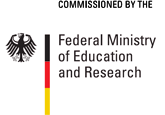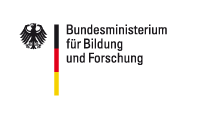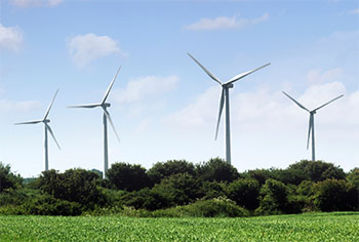The calls for proposals under CLIENT II focused on funding projects that specifically involve developing and emerging countries. The goal was to jointy design and implement innovative, sustainable solutions that address specific challenges in the partner country in the fields of raw materials efficiency, raw materials technology, water management, climate protection/energy efficiency, adaptation to climate change, land management, energy systems and natural risks.
Funding opportunities
The final deadline for the submission of project sketches was 31 May 2019. For information on the 3rd CLIENT II deadline, visit the BMBF website. The call text is available in German only.
By collaborating with developing and emerging countries on R&D, Germany is assuming international responsibility for overcoming global challenges. This also opens up new market potential for innovative, export-oriented German companies – particularly small and medium-sized enterprises (SME).
The International Bureau (IB) assisted by integrating relevant international key players and liaising with the administrative and political bodies in the partner countries. Acting on behalf of the BMBF, the International Bureau funded so-called 'definition projects' as part of CLIENT II for the 1st and 2nd call deadlines in 2016 and 2017. These projects aimed to help link international project partners and clarify important general conditions in the target country during the run-up to a research project.
The goal of the Federal Ministry of Education and Research was to ensure that the selected research and development projects provided effective stimuli to reduce environmental pollution in the partner countries, use natural resources intelligently and sparingly, supply all levels of the population with safe, clean, affordable energy and make a contribution to global climate protection and adjustment to climate change.
The solutions put forward had to be able to achieve significant leverage in the region and have a corresponding effect on comparable conditions in other regions. This in turn was meant to strengthen the economic competitive position of Germany and the countries involved.
The economic sectors addressed were technologies, products and services that serve to prevent, reduce and eliminate environmental impact, restore environmental functions that have already been damaged, and contribute to the sustainable handling of natural resources. The International Bureau helped ensure that the projects had a long-term effect in the partner country by establishing appropriate interfaces with key players that focus on implementation.










